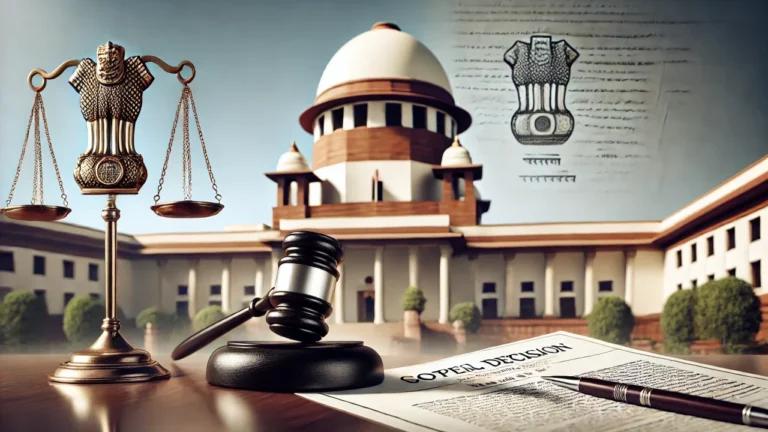In a decision that stirred the courtroom this morning, the Supreme Court set aside the National Consumer Disputes Redressal Commission's (NCDRC) order dismissing the insurance claim filed by Kopargaon Sahakari Sakhar Karkhana Ltd., a Maharashtra sugar factory whose boiler had suffered an accident in 2005. The bench, led by Justice Manoj Misra, concluded that the insurer, National Insurance Company Ltd., wrongly repudiated the claim by invoking an exclusion clause that, according to the Court, simply did not fit the facts.
The hearing had an almost conversational tone at moments, with the judges repeatedly probing the insurer's logic, at one point noting that the case seemed more about escaping liability than addressing the merits.
Background
The dispute began two decades ago when Boiler No. GT-23 at the sugar factory suddenly suffered what the management called a loud explosion, after which two tubes snapped off. The factory had an active insurance policy covering damage up to ₹1.60 crore.
Despite receiving intimation promptly and appointing a surveyor, the insurer rejected the claim within a month. The company insisted the damage was not due to any explosion but the result of corrosion, old age, and worn-out tubes something it argued was excluded under Clause 5, an exception commonly used when deterioration precedes failure.
The State Consumer Commission, however, saw things differently. It held that the boiler had a valid fitness certificate under the Indian Boilers Act and awarded over ₹49 lakh. The matter then escalated before NCDRC, which reversed the award and dismissed the complaint entirely prompting the present appeals before the Supreme Court.
Court's Observations
From the very outset, the bench pressed the insurer on why it never disputed the allegation of 'explosion' in its written reply. Justice Misra pointed out that the insurer’s own repudiation letter did not contradict the claim of an explosion, and in fact relied solely on corrosion and tube slippage.
The bench observed,
"When a registered and certified boiler explodes within its valid period, the insurer carries a heavy burden to show that defects existed beforehand and were suppressed. That burden has not been discharged."
The Court emphasised that insurance contracts rely on utmost good faith from both sides, not only the insured. If the insurer wanted details about the age of boiler tubes, their fatigue cycles, or maintenance logs, it should have sought them at the time of issuing the policy not after an accident.
The judges also scrutinised the survey reports, noting that they were never filed before the State Commission and emerged only a decade later before NCDRC. Justice Misra commented in open court that such delayed material cannot be casually accepted to strike down a claim.
Another key observation came when Justice Misra said, almost in an understated tone, that exclusion clauses cannot be stretched to defeat the basic purpose of an insurance policy namely, to protect against unforeseen accidents.
The judgement further highlighted that Clause 5 itself contains a carve-out: defects arising from an explosion cannot be used to deny liability. Here, since the fact of explosion was never seriously denied, the clause simply could not apply.
Decision
In the end, the Court delivered a crisp and decisive outcome:
- The NCDRC order dismissing the claim was set aside.
- Both appeals one for enhancement and one challenging deductions were restored before NCDRC, but only on the issue of quantum of compensation.
- All other issues, including liability and applicability of exclusion clause 5, stand closed.
The bench concluded,
“Repudiation of the claim in these facts was unjustified. The insurer cannot disown liability through belated reliance on exclusion clauses, absent any proof of misrepresentation or suppression by the insured.”
With that, the courtroom quietly shifted from tension to relief for the sugar factory representatives, who had been waiting nearly twenty years for this acknowledgment.
The matter will now move back to NCDRC but only to determine how much compensation is payable.
Case Title: Kopargaon Sahakari Sakhar Karkhana Ltd. vs. National Insurance Co. Ltd. & Anr.
Case Number: SLP (C) Nos. 1377–1378 of 2022
Judge: Justice Manoj Misra and Justice P. S. Narasimha















